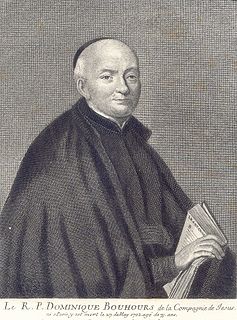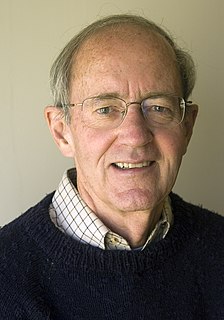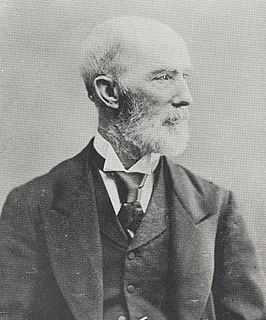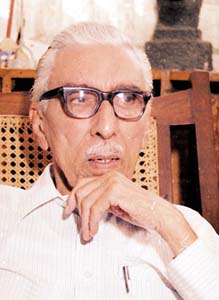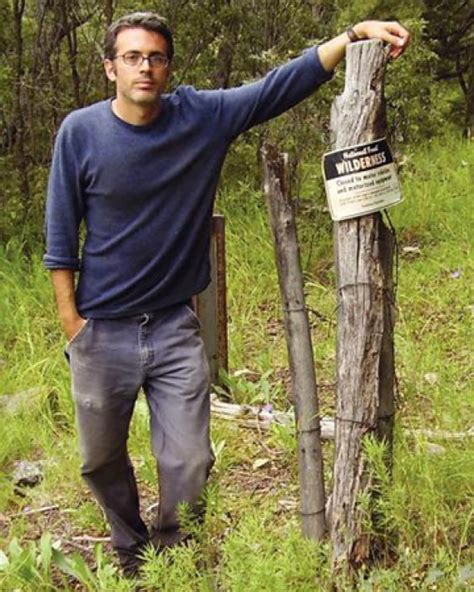A Quote by Hamilton Wright Mabie
The question for each man to settle is not what he would do if he had means, time, influence and educational advantages; the question is what he will do with the things he has. The moment a young man ceases to dream or to bemoan his lack of opportunities and resolutely looks his conditions in the face, and resolves to change them, he lays the corner-stone of a solid and honorable success.
Related Quotes
Success is in the student, not in the university; greatness is in the individual, not in the library; power is in the man, not in his crutches. A great man will make opportunities, even out of the commonest and meanest situations. If a man is not superior to his education, is not larger than his crutches or his helps, if he is not greater than the means of his culture, which are but the sign-boards pointing the way to success, he will never reach greatness. Not learning, not culture alone, not helps and opportunities, but personal power and sterling integrity, make a man great.
Good fortune almost always makes some change in a man's behavior - in his manner of speaking and acting. It is a great weakness to want to bedeck oneself in qualities which are not his own. If he esteemed virtue above all other things, neither the favors of fortune nor the advantages of position would change a man's face or heart.
Suicide may also be regarded as an experiment - a question which man puts to Nature, trying to force her to answer. The question is this: What change will death produce in a man's existence and in his insight into the nature of things? It is a clumsy experiment to make; for it involves the destruction of the very consciousness which puts the question and awaits the answer.
A man only begins to be a man when he ceases to whine and revile, and commences to search for the hidden justice which regulates his life. And he adapts his mind to that regulating factor, he ceases to accuse others as the cause of his condition, and builds himself up in strong and noble thoughts; ceases to kick against circumstances, but begins to use them as aids to his more rapid progress, and as a means of the hidden powers and possibilities within himself.
Prayer is far-reaching in its influence and worldwide in its effects. It affects all men, affects them everywhere, and affects them in all things. It touches man's interest in time and eternity. It lays hold upon God and moves Him to interfere in the affairs of earth. It moves the angels to minister to men in this life. It restrains and defeats the devil in his schemes to ruin man. Prayer goes everywhere and lays its hand upon everything.
Procrastination is the thief of time; year after year it steals, till all are fled, and to the mercies of a moment leaves the vast concerns of an eternal state. At thirty, man suspects himself a fool; knows it at forty, and reforms his plan; at fifty chides his infamous delay, pushes his prudent purpose to resolve; in all the magnanimity of thought, resolves, and re-resolves, then dies the same.
The ordinary naturalist is not sufficiently aware that when dogmatizing on what species are, he is grappling with the whole question of the organic world & its connection with the time past & with Man; that it involves the question of Man & his relation to the brutes, of instinct, intelligence & reason, of Creation, transmutation & progressive improvement or development. Each set of geological questions & of ethnological & zool. & botan. are parts of the great problem which is always assuming a new aspect.
To say that a man is your Friend, means commonly no more than this, that he is not your enemy. Most contemplate only what would be the accidental and trifling advantages of Friendship, as that the Friend can assist in time of need by his substance, or his influence, or his counsel. Even the utmost goodwill and harmony and practical kindness are not sufficient for Friendship, for Friends do not live in harmony merely, as some say, but in melody.
The question that faces every man born into this world is not what should be his purpose, which he should set about to achieve, but just what to do with life? The answer, that he should order his life so that he can find the greatest happiness in it, is more a practical question, similar to that of how a man should spend his weekend, then a metaphysical proposition as to what is the mystic purpose of his life in the scheme of the universe.



















